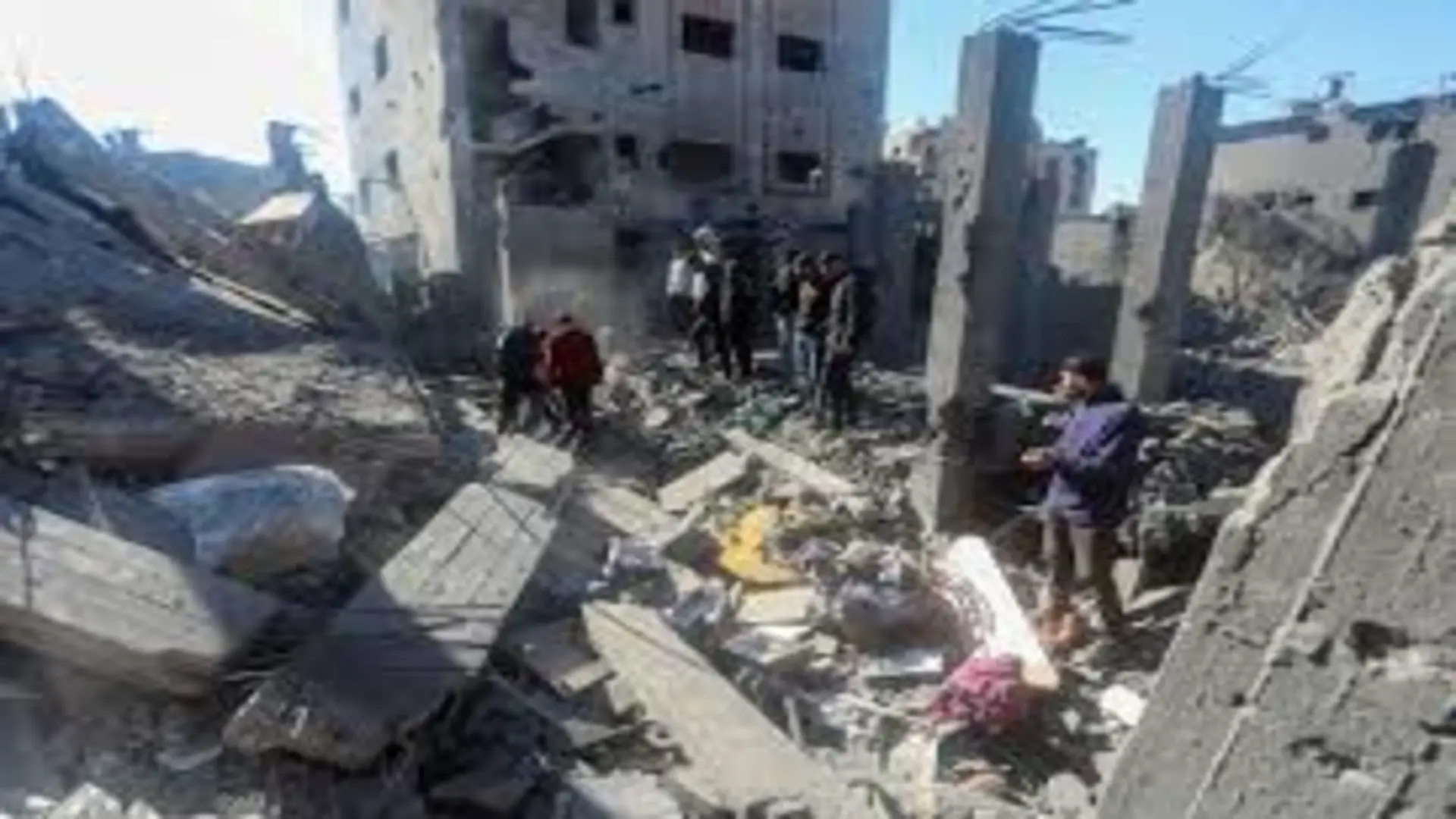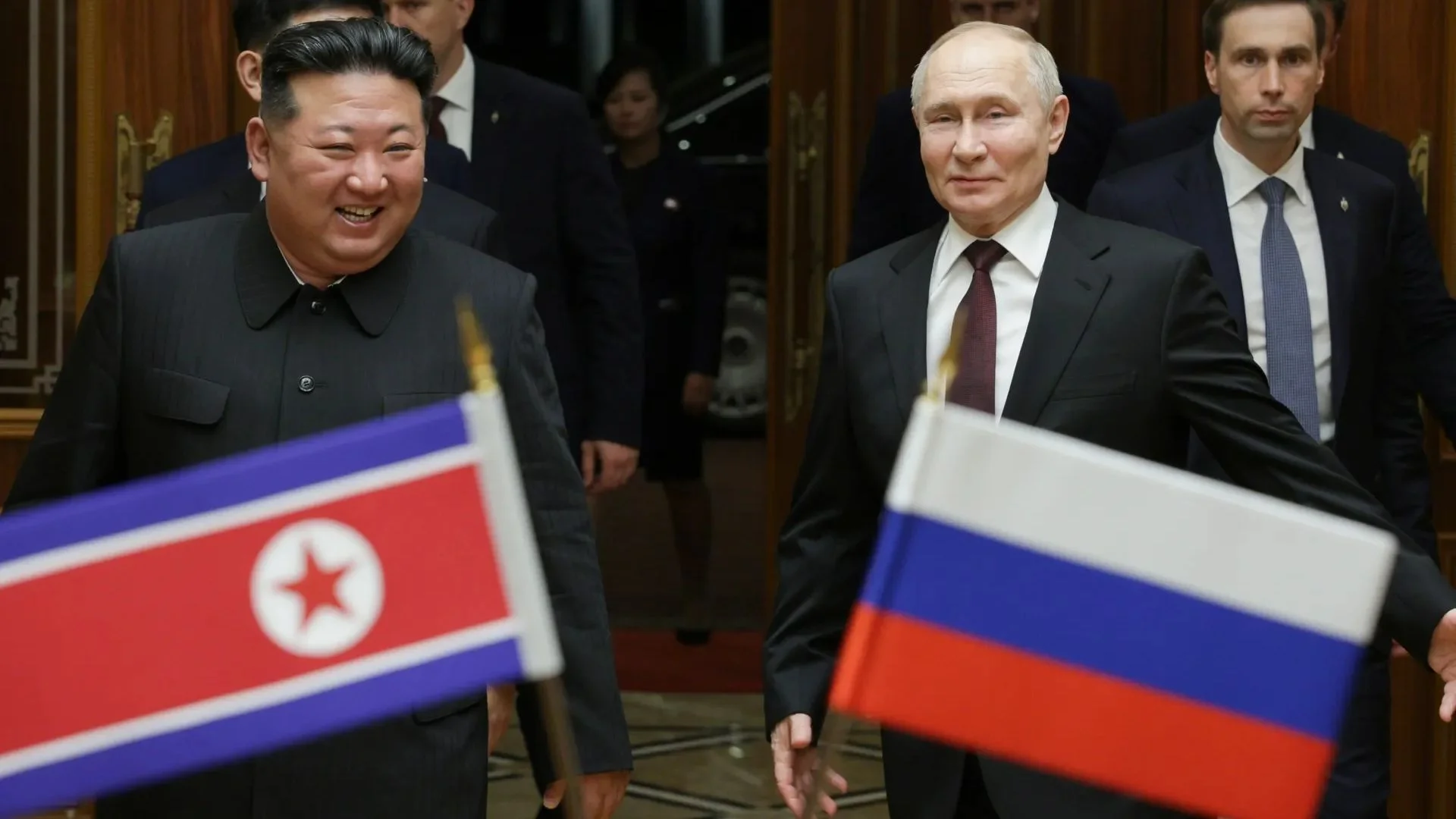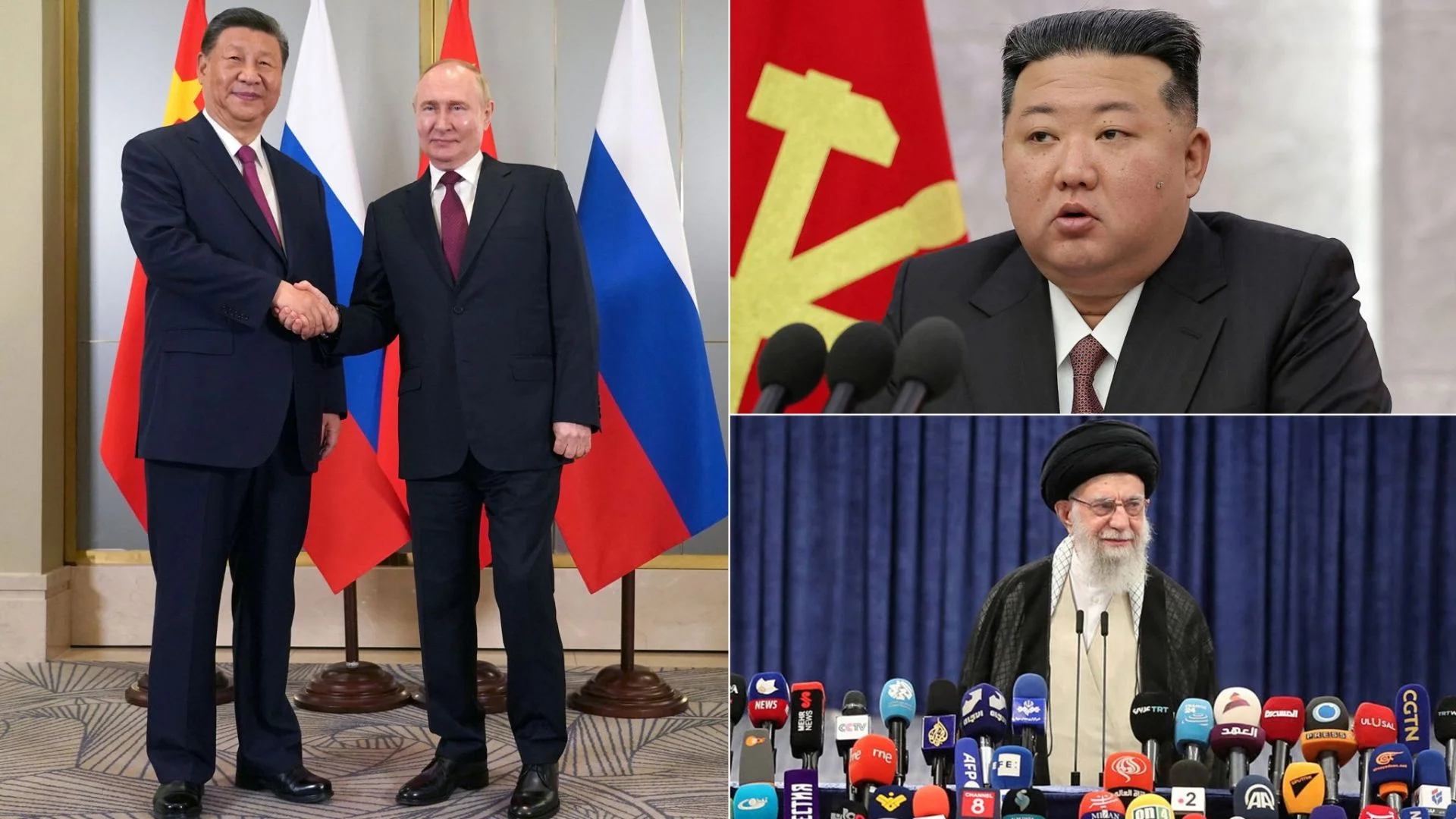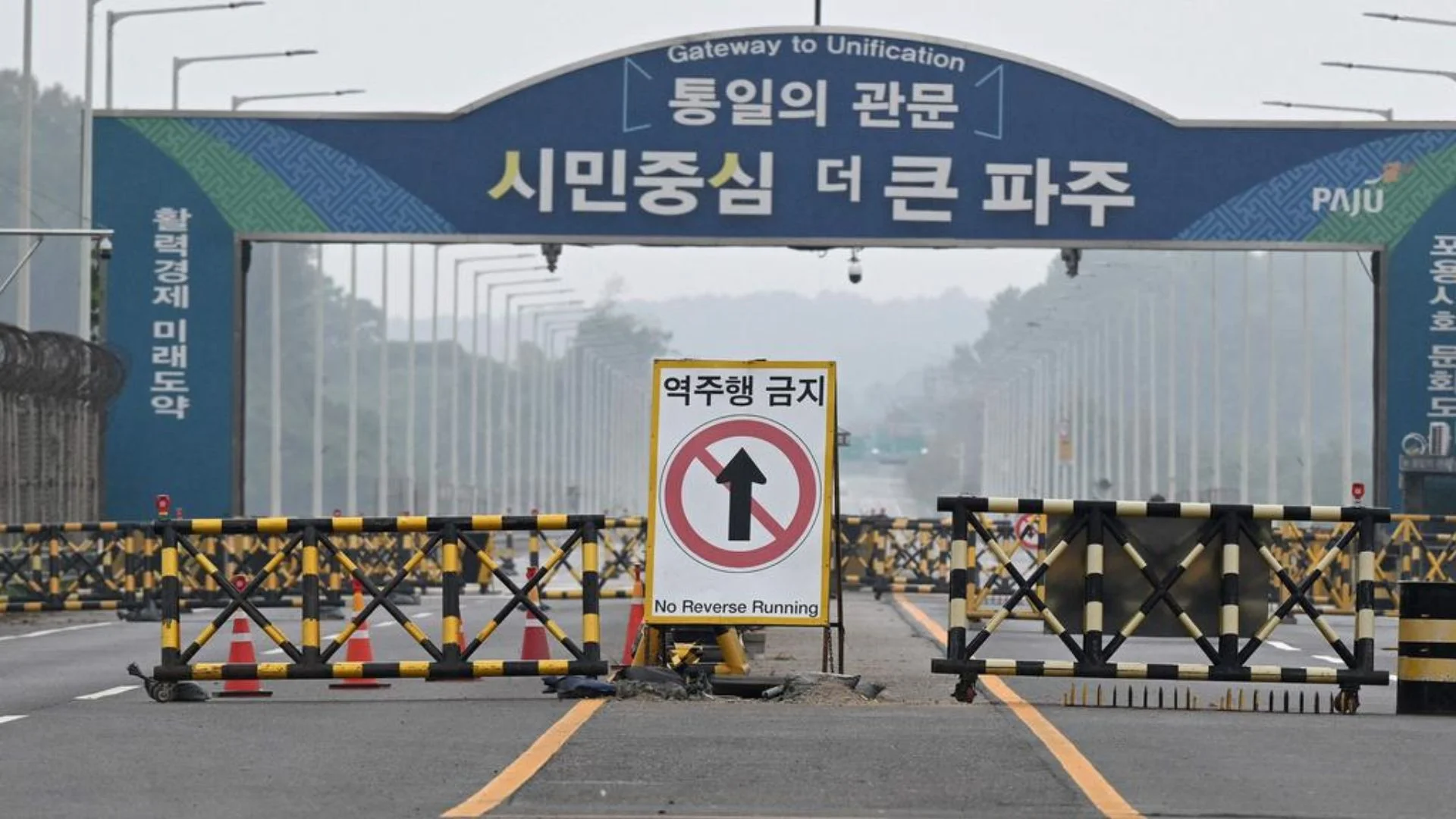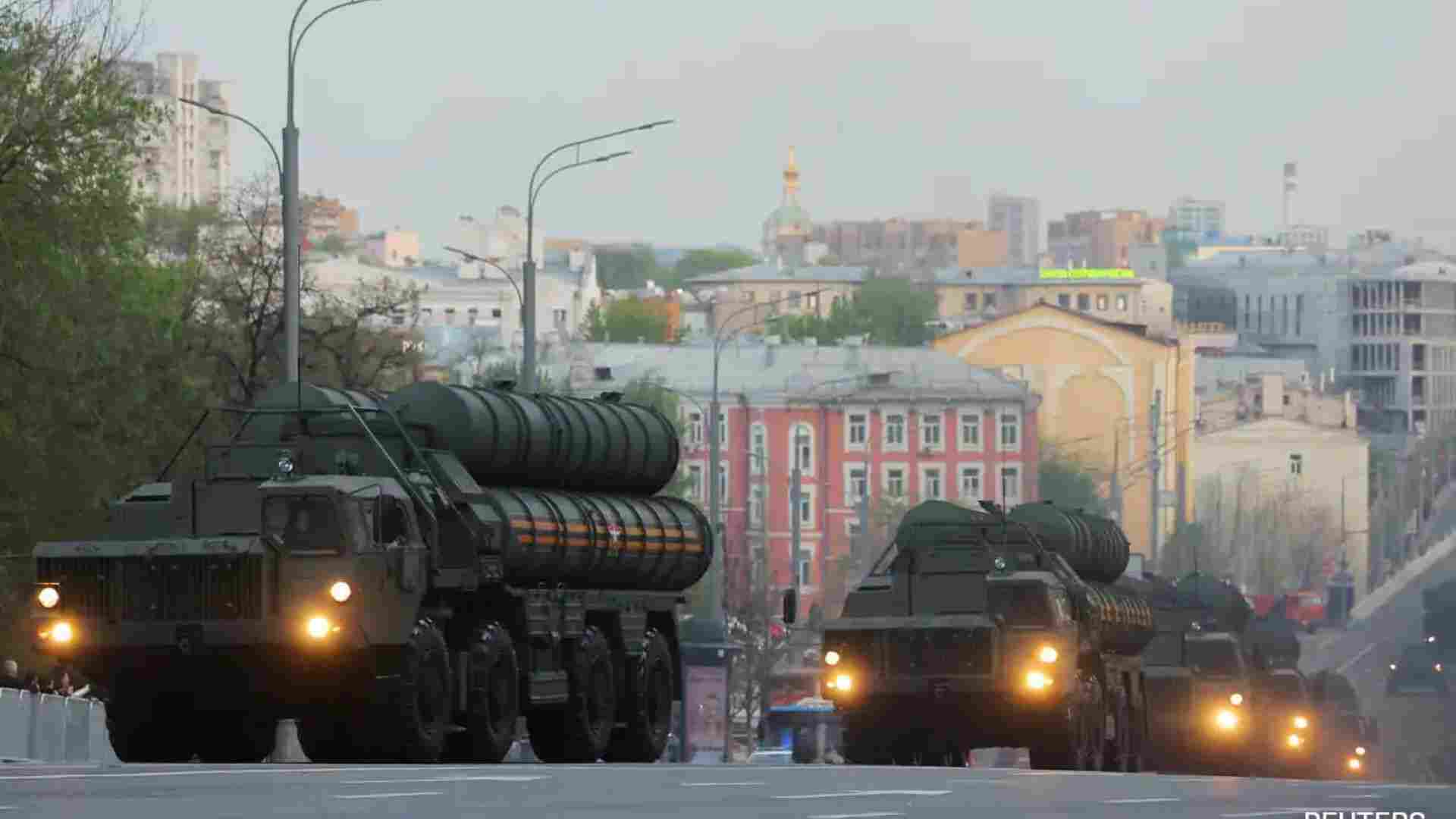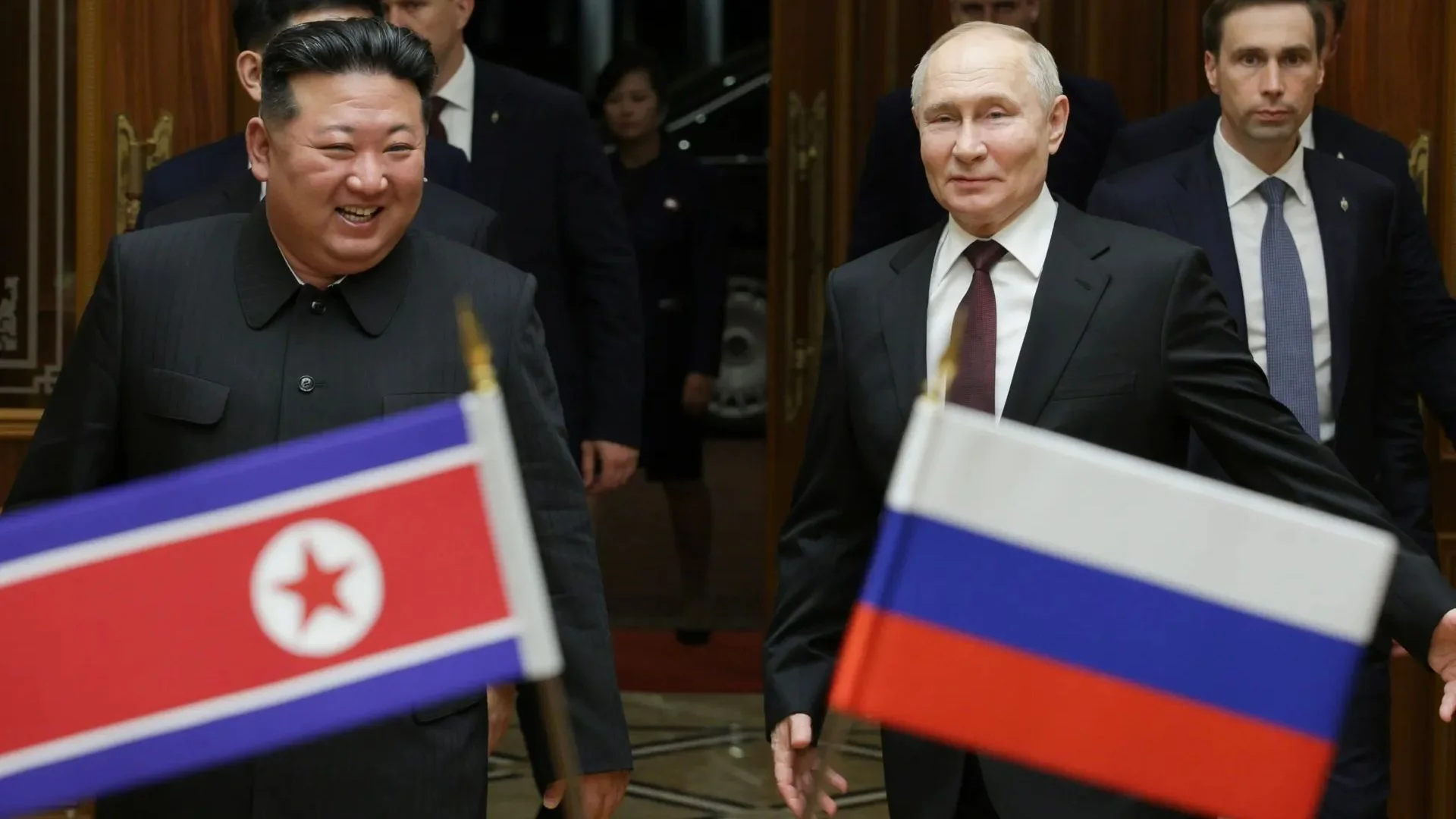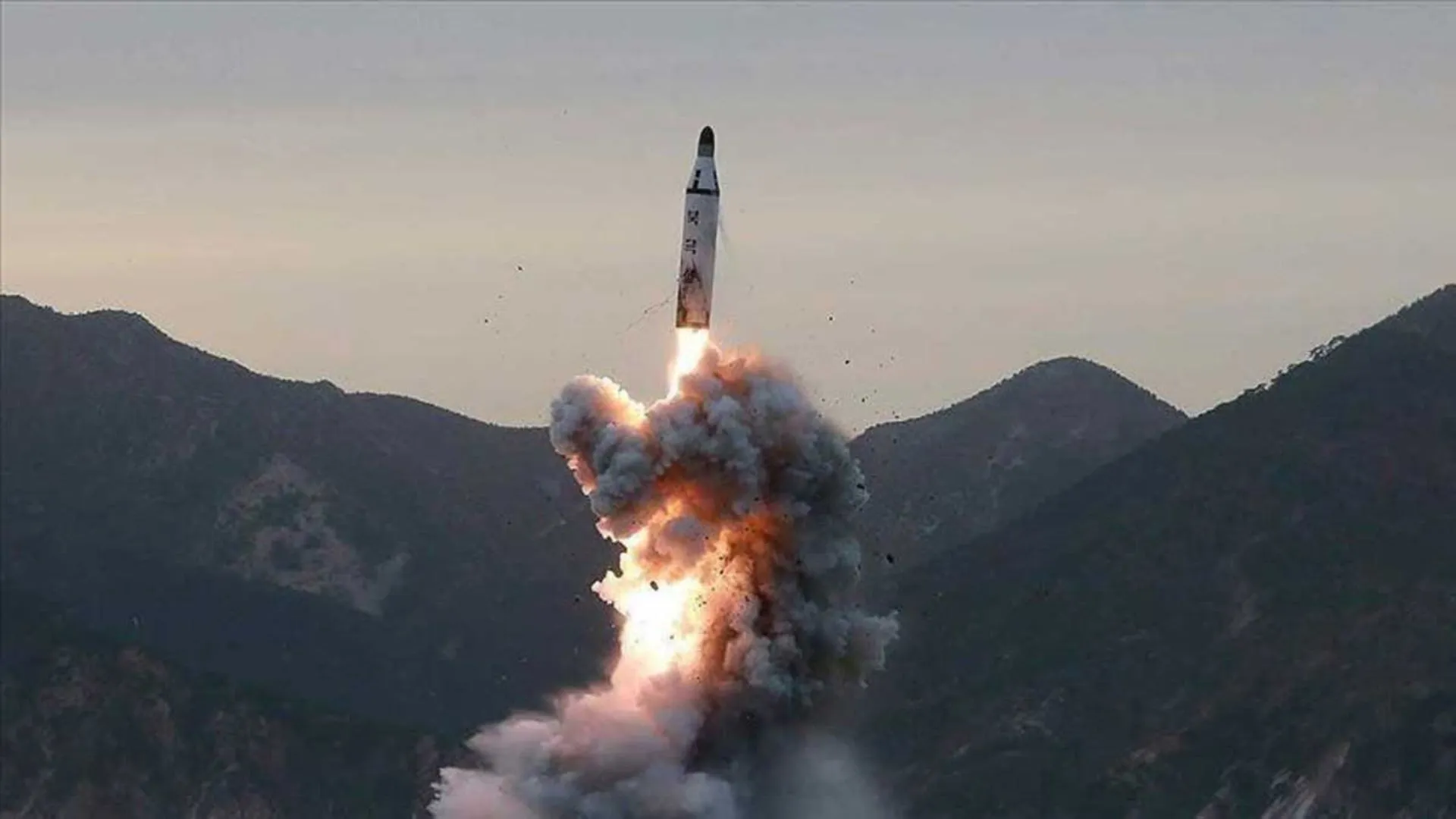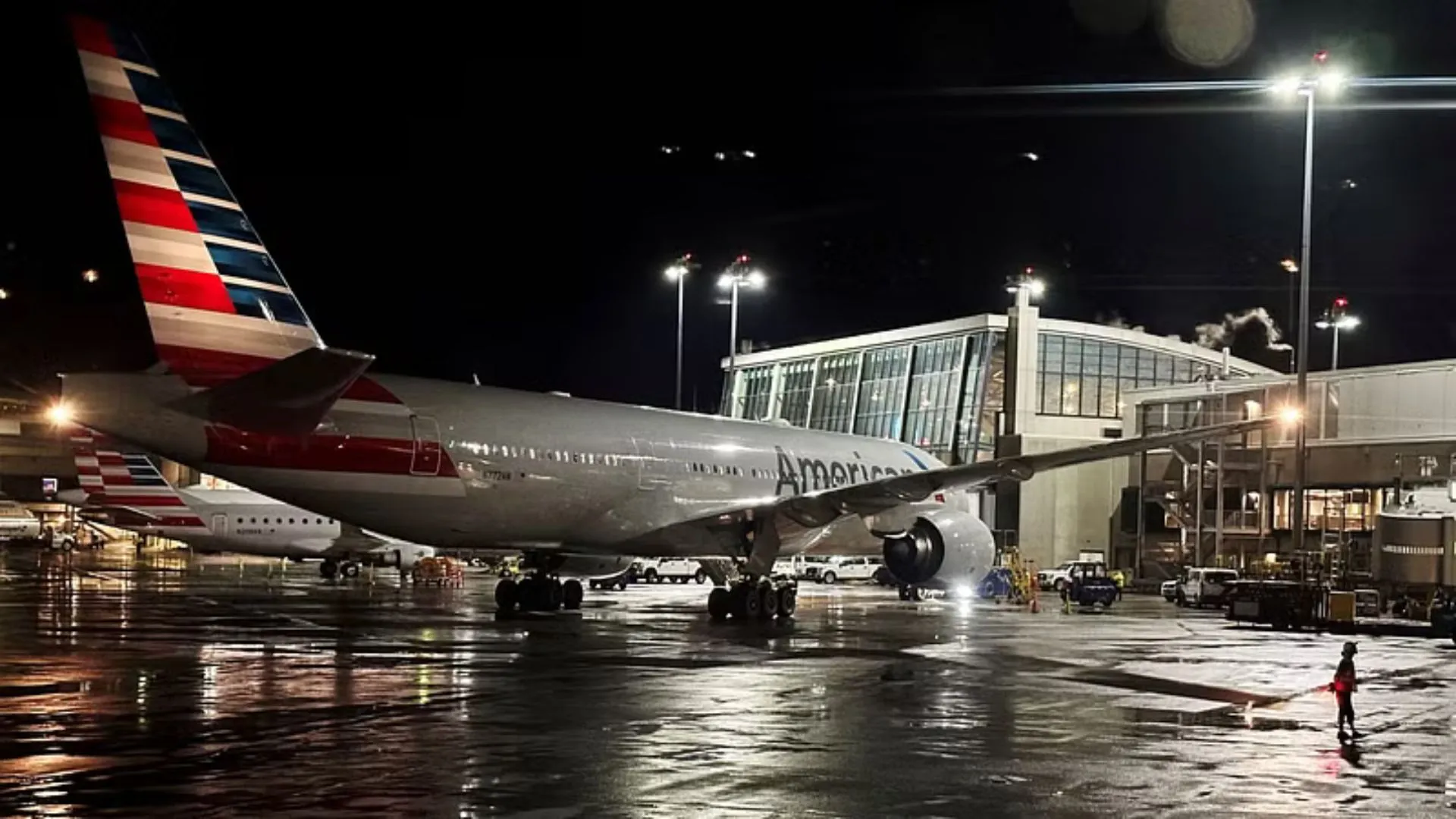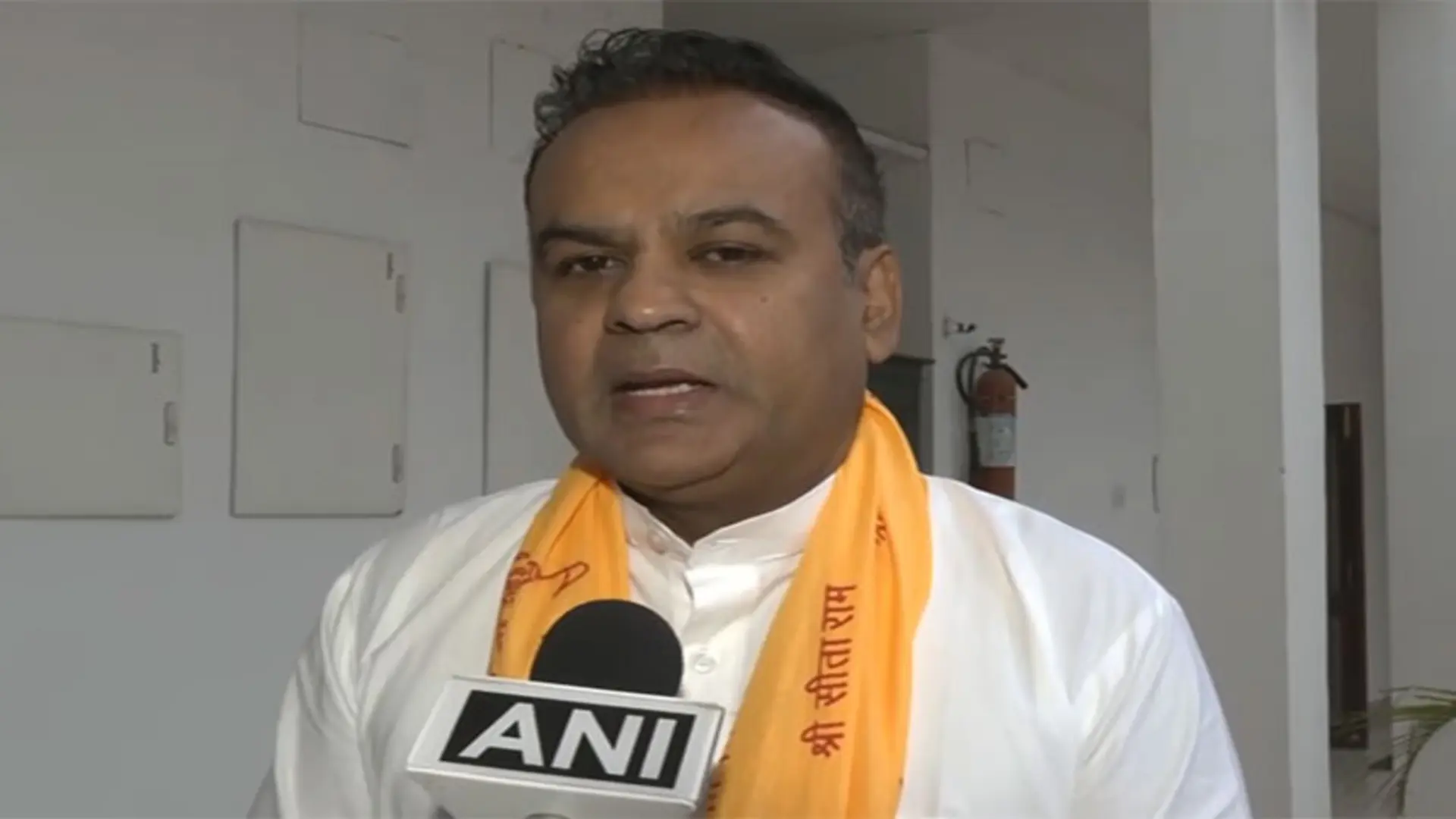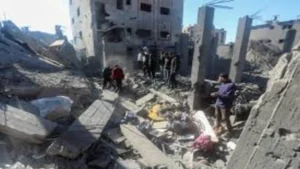An Israeli airstrike on the Nuseirat refugee camp in Gaza has killed at least 14 people, including children, as tensions escalate between Israel and Hezbollah. This strike follows a series of cross-border conflicts, with Hezbollah launching artillery attacks on Israeli positions. These exchanges have intensified in response to Israeli Defense Forces (IDF) ground raids in southern Lebanon.
The situation reflects a sharp escalation, with Hezbollah and Israel both digging into longstanding hostilities. Israel’s airstrike on the densely populated Nuseirat camp further exacerbates the already dire humanitarian conditions in Gaza. The camp, originally established for Palestinian refugees, has been under repeated attacks, and civilians, including children, are often caught in the crossfire. The death toll and damage caused by such airstrikes fuel anger among Gaza’s population, which has endured relentless attacks since the conflict reignited.
This escalation is also tied to Israel’s ongoing tensions with Hezbollah, the powerful Shiite militant group based in Lebanon. Recent reports indicate that Hezbollah, which is closely allied with Iran, has been retaliating with artillery barrages against Israeli military targets, especially in northern Israel. Israeli officials have confirmed that these strikes follow targeted ground operations by the IDF in southern Lebanon, designed to neutralize Hezbollah‘s influence in the region.
Southern Lebanon, a key Hezbollah stronghold, is now the epicenter of these clashes. As Hezbollah has responded aggressively to Israel’s actions, particularly in areas near the border, the IDF has acknowledged conducting raids to disrupt Hezbollah’s operations. Hezbollah, however, denies that Israeli forces made any significant incursions into their positions, dismissing the IDF’s actions as localized and minimal. Nevertheless, these clashes have sparked fears of a broader conflict.
The timing of the Nuseirat strike raises concerns over the growing civilian toll in Gaza. Children, women, and entire families are frequently targeted or killed, adding to the human cost of the ongoing violence. The latest strike in Nuseirat occurred as civilians were already grappling with the aftermath of weeks of air raids. Gaza’s healthcare infrastructure is overwhelmed, with hospitals struggling to manage the rising number of casualties. With the conflict now spreading to both Gaza and Lebanon, international observers fear the possibility of a regional war involving multiple actors across the Middle East.
Also read: Myanmar Military Junta Calls for Talks With Opponents, Faces Rejection
Israel has defended its actions by citing security concerns, claiming that many of its airstrikes, including the latest in Nuseirat, are aimed at military targets or retaliatory measures against militant factions operating in Gaza. The strike in Nuseirat, according to Israeli officials, was part of a broader campaign against Hamas militants embedded in civilian areas. However, the high civilian casualty rate has drawn condemnation from international human rights organizations, which have called for an immediate ceasefire to protect innocent lives.
The conflict’s expansion into southern Lebanon adds another layer of complexity to the Israeli-Hezbollah tensions, which have simmered since the 2006 Lebanon War. Hezbollah’s growing military capabilities and its deep ties with Iran pose significant challenges for Israel, which views Hezbollah as a major security threat. The involvement of southern Lebanon, combined with escalating violence in Gaza.

